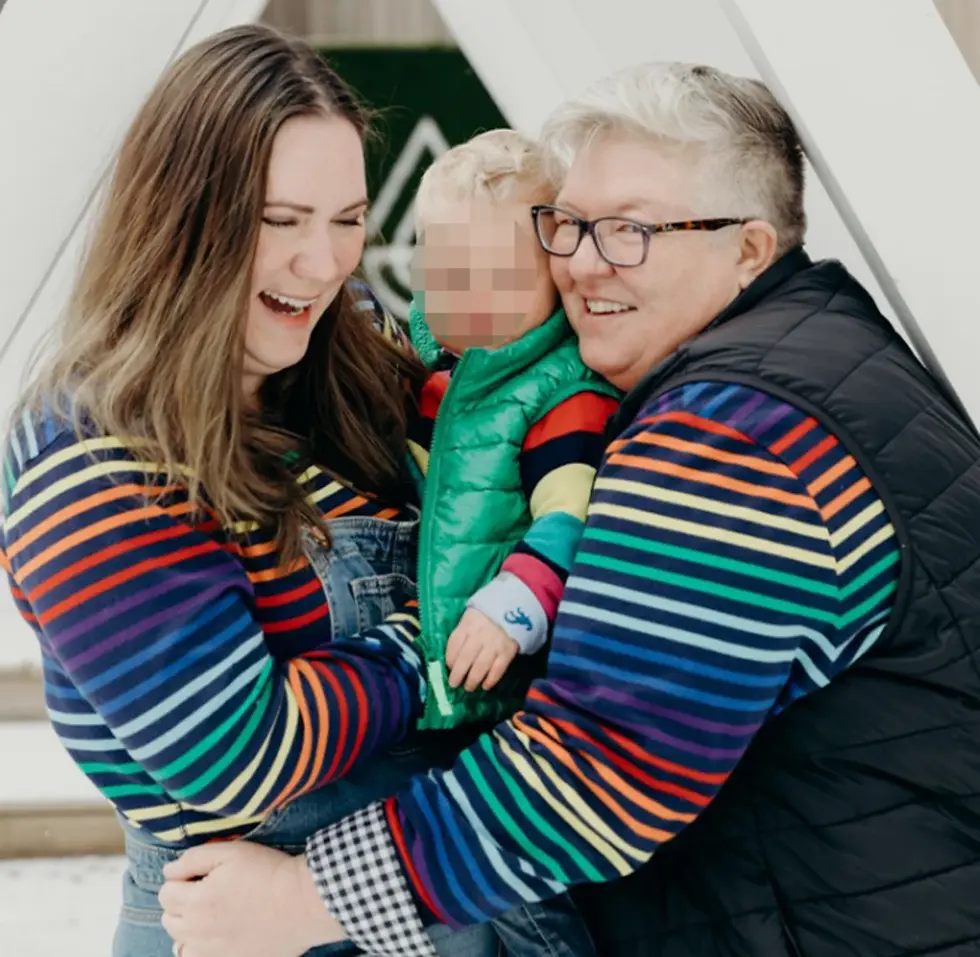Oklahoma Court Grants Parentage to Sperm Donor Over Nonbiological Mom
- Ralph M. Tsong

- 2024年4月12日
- 讀畢需時 3 分鐘

Some states, such as California and Washington, have laws that guarantee the parentage of parents through third party assisted reproductive technology (ART) and at the same time, have created simplified adoption processes for those parents. However, in other states, parents’ only option may be just an old-school style adoption. This happened to the recently decided case in Oklahoma Court where it granted parentage to sperm donor over nonbiological mom.
Recently, an Oklahoma trial court found that a sperm donor was the legal parent to a child resulting from his donation, and that the nonbiologically related mother — the now ex-spouse of the birthing mother — was not a legal parent to the child.
A little background on this case came from Rebekah Wilson and Kris Williams, a same-sex couple, who were planning to have a child and found a sperm donor named Harlan Vaughn on a paternity website together. Wilson conceived through sperm donation and gave birth in 2019 during her marriage to Williams. The latter was named as the second parent of the child on the child’s birth certificate.
However, in 2021, the couple split up with Wilson partnering with Vaughn and requesting that Williams be removed from the birth certificate.
An Oklahoma judge initially agreed, ordering that Williams be removed from the child’s birth certificate, and that the sperm donor Vaughn be placed on the birth certificate. The judge later vacated that order pending further hearings on the matter. In February 2023, the judge decided that Oklahoma law supported her initial ruling, finding that Williams failed to take further action to secure legal rights as a parent. Further, the judge also concluded that Oklahoma law did not otherwise support her parentage claims, and therefore Williams should be removed from the child’s birth certificate.
The question is whether parentage laws apply equally to all parents, regardless of sexual orientation. According to the Oklahoma trial court, the Oklahoma Uniform Parentage Act does not discriminate against same-sex parents but the court must take into account the reality that it will always take a sperm and egg to make an embryo. Given that she could not be the father, there could be no legal presumption that Williams was a parent, the court reasoned. When a parent is not biologically related to the child, Oklahoma has other applicable laws such as artificial insemination, gestational carrier laws, and adoption statutes to provide mechanisms to affirm, deny, or establish legal parental rights. Unfortunately, in this case, Williams did not qualify for or take advantage of the other protections she had available to her, and the sperm donor could prove paternity. It should be noted a similar troubling decision was made by the Idaho Supreme Court in Gatsby v. Gatsby, 169 Idaho 308 (2021) cert denied 142 S.Ct. 2709 which found that the presumption of parentage through marriage to a nonbiological parent of a lesbian couple to be overcome because she could not be the biological parent.
This ruling and the Gatsby ruling are stunning because they confirm the worst fears of same-sex parents, that not all states will recognize the parentage of both parents and will allow a donor to take the place of one parent years later, even as the right to marry has been confirmed in federal law as well as jurisprudence.
The remedy for this uncertainty lies within the Full Faith and Credit Clause of the U.S. Constitution, which provides: “Full Faith and Credit shall be given in each State to the public Acts, Records, and judicial Proceedings of every other State...” and that is for same sex couples to have a surrogacy parentage judgment or an adoption order for the nonbiological parent. A judgment of a court of one state must be respected by the courts of other states, so a parentage judgment or confirmatory adoption order will be recognized in other states where parentage might otherwise be threatened. Note that while a voluntary declaration of paternity may be accepted in the state of the child’s birth, it may not be accepted in another state because it does not fall under the category of a public act, record or judicial proceeding.
In addition to surrogacy and gamete donation, the attorneys at Tsong Law Group have experience in confirmatory second parent adoptions in California which protect the nonbiological spouse in a sperm donation case. One advantage of a confirmatory second parent adoption in California is it does not require a hearing or a home study so it is more streamlined than a stepparent adoption.
Please contact a surrogacy lawyer if you have questions about surrogacy, egg or sperm donation or second parent adoption.



留言